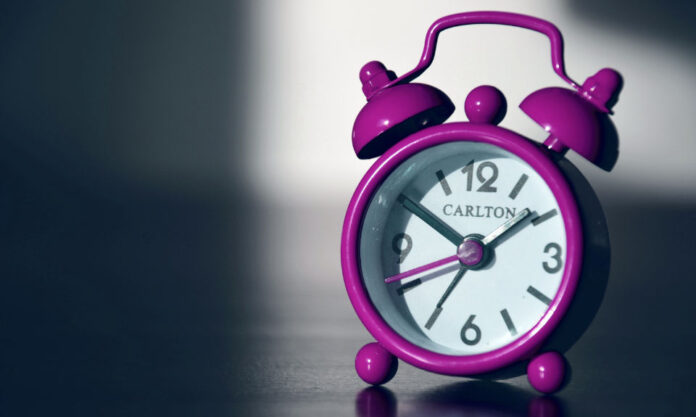I like to start these articles with a consideration of the topic. “Noise” seems to carry some hefty negative connotations. We think of blaring sirens, random shouting, unexpected bangs that grind the patience or jolt the nerves. “Noise” implies a random, chaotic cascade of sound.
I’d like to switch the consideration to a more controlled noise; to “a thousand twangling instruments” over a discordant jangling orchestra. In Shakespeare’s Tempest, the “monster”, Caliban, tells visitors to his enchanted island to, “Be not afeard; the isle is full of noises, Sounds and sweet airs, that give delight and hurt not”.
The focus on the sense of sound, ahead of touch, taste, smell, and sight is intriguing.
Smell has a reputation as our most primal sense, the one most linked to memory and most wired to a physical reaction. But it is deeply subjective; what smells sweet to someone can stink to high heaven to another. Taste, too, varies powerfully from person to person, and I feel if I had to go without one of my five senses, I’d be likely to volunteer taste or smell first.
Sight and sound, then, are the mediums through which we navigate the world around us. They orient us in 3D space and give us aesthetic experiences both positive and negative. Sight locates us, but sound grounds us. It is sound that is a constant underlying presence; when did you last exist in total silence?
Sound can reassure us of the presence of others, even when we can’t see them.
It is sound that wakes most of us from the oblivion of sleep (if you have a harsh discordant alarm, experiment with soft sounds to wake you up. Your stress levels will thank me!).
Now we have established the primacy of noise and sound, let’s delve into its qualities. While naturally our experiences are still personal and dependant on our tastes, we generally reach agreement that a musical composition, gently gurgling stream, or the laughter of a loved one are sweeter to our ears than the clattering of a garbage truck or an unexpected car horn.
The poets know this, from Shakespeare to Nanjing’s own Han Dong, who has published a poetry collection titled “A Loud Noise”. Playfulness around noise and sound is intrinsic to the performance of the spoken word, as any fans of poetry or song lyrics can attest to. I was delighted to learn that there is a Chinese poem consisting entirely of the syllable “shi” pronounced in different tones. It may be familiar to some of you: “Lion-Eating Poet in the Stone Den” (施氏食狮史) by Yuen Ren Chao (赵元任). The first few lines run as follows:
石室诗士施氏,嗜狮,誓食十狮。
氏时时适市视狮。
十时,适十狮适市。
In a stone den was a poet called Shi Shi, who was a lion addict, and had resolved to eat ten lions.
He often went to the market to look for lions.
At ten o’clock, ten lions had just arrived at the market.
For aspiring Chinese learners this could be exactly the tongue-twister to perfect your tonal speaking. Moving further in to the real of calm and peace, Tang Dynasty poet Li Shangyin, like Shakespeare, focuses us on the noises and sounds that seem in harmony around us:
颯颯東風細雨來
芙蓉塘外有輕雷
The East wind sighs, the fine rains come:
Beyond the pool of water-lilies, the noise of faint thunder.
Take a moment to listen to your surroundings. While you might not be blessed with sighing winds or the drip-drip of a pool of water-lilies, I’ll be willing to bet you’re not sat in silence. Whether it’s the low hum of air-conditioning or the occasional footsteps of neighbours, we are constantly reminded of our presence in the world by the sound waves reaching our ears.
It could even be sounds you yourself are making; have you ever thought how loudly you might breathe?
So, can you alter your soundscape around you? And how might that affect your day-to-day life? Lots of us have smart speakers or voice-activated assistants wired into home networks, and these can easily be asked to give us some pleasant background noises. Why not try listening to thunderstorms as a backdrop to an epic cooking session or noises from a forest as guidance to just sitting and thinking?
I find myself finely attuned to noise and sound the older I get. I am also baffled and slightly in awe of the people I meet who can weather and withstand the chaotic attack of day-to-day sounds without getting stressed. Exploring how and why some people seem immune to sonic assault is beyond the scope of this article but I would hazard a guess that it is heavily influenced by nurture over nature. That is, growing up in noisy environments gives a base layer of protection from them.
One thing I’m certain of, and am sure I’ll have no disagreements, is that none of us miss those announcements:









